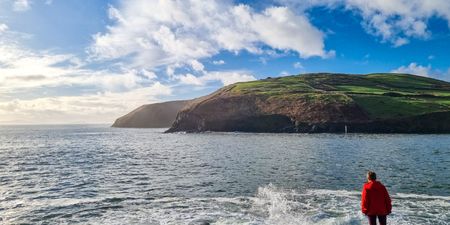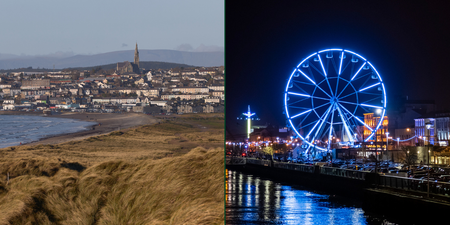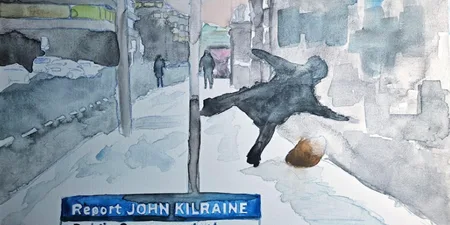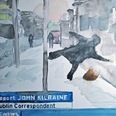With Storm Callum due to make his presence known tonight, people are being urged to prepare for flooding along coastal areas.
High spring tides in combination along with storm swells are increasing the risk of flooding in coastal and low lying areas.
Met Éireann has also issued an Orange wind warning for 13 counties.
The warning for Cork and Kerry is valid from Thursday 11 October 2018 22:00 to Friday 12 October 2018 09:00.
While the warning for Donegal, Galway, Mayo, Sligo and Clare is valid from Friday 12 October 2018 00:01 to Friday 12 October 2018 13:00
As well as this, Dublin, Louth, Wexford, Wicklow, Meath and Waterford is valid from Friday 12 October 2018 00:01 to Friday 12 October 2018 09:00.
With extremely heavy rain and gusts of up to 130 km/h, Carlow Weather has advised people not park cars in areas prone to coastal flooding.
Heavy rain also expected over the next 72 hours, especially in Southeast areas. High seas along with high tides also mean a risk of Coastal flooding. Do not park cars overnight in areas prone to Coastal flooding!! #StormCallum pic.twitter.com/aERQ5sksMd
— Carlow Weather (@CarlowWeather) October 11, 2018
Here are some of the things you can do if you are in a coastal area that is at risk of flooding.
Before floods
- Check for local flood warnings. You can get updates from local radio and TV news as well as Met Éireann.
- If there’s a risk of flooding, let your neighbours know. Also, tell older and vulnerable people who live nearby.
- Sandbags and sand from builders’ merchants can be used as a barrier to divert water and prevent or reduce flood water damage. Buy sand and sandbags in advance.
- Move vehicles to higher ground so they won’t be caught in rising floodwater.
- Take photographs inside your home. This may help with insurance claims.
- Turn off the mains power before you leave. You can be electrocuted in floodwater if the power remains switched on.
- Put sandbags in toilet bowls to prevent sewage backflow.
- Shut and lock all windows and doors. This will protect your property and may reduce the volume of floodwater entering the building.
- Take all pets with you when you leave so they aren’t trapped by rising water.
During floods
- Don’t walk, swim or drive through floodwater. Six inches of fast-flowing water can knock you over. Two feet of water can float a car.
- Don’t walk on sea defences or riverbanks.
- Avoid contact with floodwater. It may be contaminated with sewage. If you’re exposed, wash your hands and clothes thoroughly in clean water.
- Don’t allow children to play in or near floodwater.
After floods
- Dispose of any food that may have been in floodwater.
- Boil tap water or use bottled water until supplies are declared safe.
Visit the OPW flood planning preparation website for more info.
If you’re are ensure whether you are at risk of flooding you can check here.
Stay safe guys, and for the love of all that is holy – please do not go for a feckin’ swim tomorrow.
READ NEXT: ‘Cheating’ Strictly Kissers Seann Walsh And Katya Jones Speak Out About Kiss In Shocking Interview
Topics:
RELATED ARTICLES






MORE FROM Lovin
























MORE FROM Lovin
























